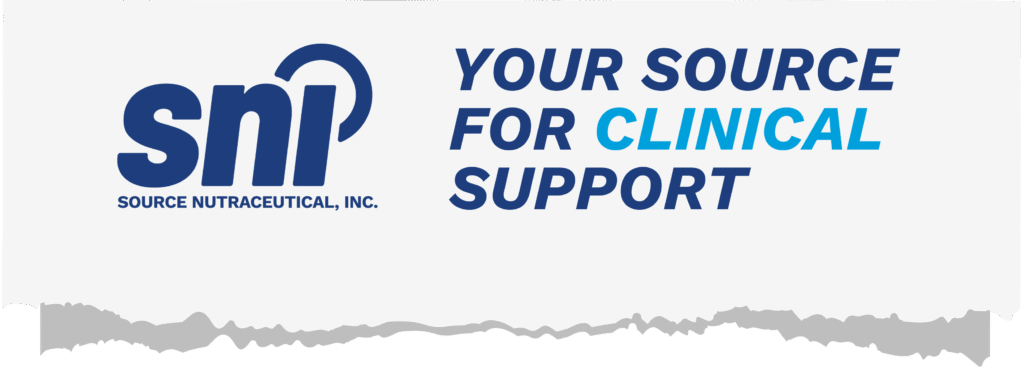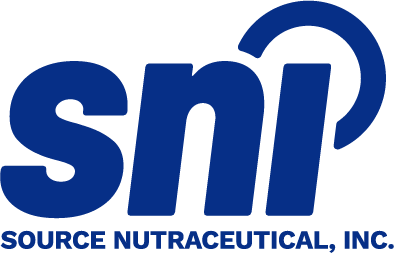Clinical trials for natural health products (NHPs) such as vitamins, herbal remedies, and probiotics bring scientific rigour to traditional health claims. In Canada, where consumer protection and evidence-based regulation are priorities, sponsors are beginning to shift away from running isolated trials toward building comprehensive clinical research strategies.
This shift reflects a recognition that clinical trials should not be approached as disconnected projects but as coordinated investments that strengthen regulatory submissions, support credible health claims, and expand market opportunities. Sponsors are increasingly looking at the bigger picture: not only whether a product should undergo clinical research, but also how individual studies can work together to build a robust body of evidence.
Regulatory Context: Clinical Trials for NHPs in Canada
Legal Framework and Oversight

NHP clinical trials in Canada are regulated under the Natural Health Products Regulations (NHPR), which fall under the Food and Drugs Act. Oversight is provided by Health Canada’s Natural and Non-prescription Health Products Directorate (NNHPD).
Any human trial designed to evaluate the safety or efficacy of an NHP generally requires prior authorization through a Clinical Trial Application (CTA), unless it qualifies for exemption due to minimal risk and sufficient existing evidence.
CTA Requirements

To conduct an NHP clinical trial, sponsors must prepare a complete application package that includes a detailed study protocol, an Investigator’s Brochure, product quality and Good Manufacturing Practice (GMP) information, informed consent forms, and a completed CTA form. Approval from a Research Ethics Board (REB) is also mandatory. All trials must comply with Good Clinical Practice (GCP). Sponsors are responsible for monitoring conduct, reporting adverse events, and maintaining auditable records.
Registration Expectations

Health Canada increasingly expects trials to be registered in a publicly accessible registry such as ClinicalTrials.gov before recruitment begins, and that results are disclosed following completion. This differs from the United States, where the Food and Drug Administration Amendments Act (FDAAA) requires registration no later than 21 days after the first participant is enrolled. In Canada, the expectation is prospective registration before recruitment begins, which supports both transparency and regulatory readiness.
Bridging Strategy and Execution in Clinical Research
Clinical research for NHPs benefits from a structured approach that connects early product-level decision-making with later trial management. Sponsors first need to decide which products are viable candidates for research and whether additional foundational evidence is required. Only then should they plan and conduct clinical trials designed to generate new safety and efficacy data.
Separating these stages ensures that resources are invested where they will create the greatest value. It reduces the risk of running trials that fail to advance regulatory or commercial goals and provides a clear roadmap that links research investment directly to business objectives.
Product Feasibility Assessments
Evaluating Products Before Clinical Research

Feasibility assessments focus on evaluating which products would best benefit from investing in clinical research. This process begins by assessing each formulation and reviewing the available clinical evidence, including Health Canada monographs and other published data. The goal is to identify gaps in ingredient safety and efficacy that may need to be addressed before a product is taken into human studies.

By reviewing the totality of existing evidence, feasibility assessments help sponsors determine whether additional foundational research would strengthen product health claims or support expanded marketing initiatives. The outcome is a clear roadmap that shows which products merit investment in clinical research and which do not.

Feasibility assessments are also a valuable tool for deciding which clinical studies should be prioritized once a product has been deemed viable. They guide sponsors on the order and structure of studies, ensuring that clinical research begins on a strong foundation.
Clinical Trial Portfolio Assessments
Evaluating and Sequencing Clinical Research

Clinical trial portfolio assessments take place after product-specific clinical research has already been completed. This stage shifts the focus from evaluating individual products to evaluating the totality of safety and efficacy data across all completed and ongoing studies.

A portfolio assessment examines the breadth and depth of a sponsor’s clinical evidence, helping determine whether additional studies are warranted to support regulatory submissions or marketing initiatives. It can also identify opportunities for expanded health claim submissions, the development of intellectual property, or entry into new international markets.

By analyzing how existing trials fit together, portfolio assessments allow sponsors to plan strategically for future research. This includes sequencing additional studies in a way that builds on earlier results, reduces duplication, and supports long-term objectives. Robust clinical trial portfolios strengthen return on investment by maximizing the efficiency, value, and impact of all research activities.
Final Remarks
The transition from isolated trials to coordinated strategies is reshaping how NHP sponsors approach clinical research in Canada. Feasibility assessments ensure that companies invest only in products that are viable candidates for research, while portfolio assessments help sponsors evaluate and strengthen the evidence generated from those studies.
Together, these two approaches provide the clarity and structure needed to optimize resources, reduce risk, and build stronger evidence packages. This comprehensive strategy supports compliance with Health Canada requirements, enables expanded health claim submissions, and positions brands for long-term success in competitive markets.

Partner with SNI Clinic for Full Spectrum Clinical Research
Source Nutraceutical Inc. (SNI) Clinic is your trusted partner for comprehensive clinical research services across natural health products, foods and beverages, cosmetics such as skincare, haircare, and anti-aging products, medical devices, and other health and wellness categories. Our team begins with feasibility assessments that evaluate formulations, regulatory status, and available evidence. From there, we design and conduct Health Canada–compliant trials, collect high-quality data, and integrate results into regulatory submissions and marketing strategies. Working with SNI Clinic allows you to build credible scientific evidence that strengthens your claims, accelerates market access, and drives measurable business growth.
🌱 More about our services here.
💡 Compliance is easy with the right support!
📩 info@sourcenutra.com
⬇️ Send us a request for support or an introductory call
FAQ
When does a clinical trial for an NHP require Health Canada authorization?
A clinical trial for an NHP requires Health Canada authorization when existing evidence is not sufficient to support safety or efficacy. This applies to unapproved NHPs, approved products tested for new uses, products with no prior human history of use, or when studying bioavailability, N-of-1 designs, combinations with pharmaceuticals, or conditions not appropriate for self-care.
What needs to be included in a CTA for an NHP clinical trial?
A complete CTA must include a detailed study protocol, an Investigator’s Brochure (if applicable), product quality and Good Manufacturing Practice (GMP) documentation, safety data, and informed consent forms. Providing strong supporting evidence from existing published studies and Health Canada NHP monographs helps accelerate the review process.
How should trials be prioritized in a clinical trial portfolio?
Trials should be prioritized based on which studies address critical evidence gaps, align with market and regulatory goals, and provide the best return on investment. For example, dose-determination studies are often more strategic to complete before duration studies.
What are the registration and transparency requirements for NHP clinical trials in Canada?
NHP clinical trials are expected to be registered in a public clinical trial registry before recruitment begins. Prospective registration supports transparency, regulatory compliance, and aligns with Research Ethics Board (REB) expectations.
What risks are involved if foundational evidence is weak or missing before conducting clinical trials?
If foundational evidence is incomplete, clinical trials may fail to demonstrate safety or efficacy, leading to wasted resources and regulatory delays. Conducting feasibility assessments beforehand reduces these risks and ensures that trials are positioned for success.
✷ The content on this website, including information presented in this post, is provided for general informational purposes only and does not constitute legal, regulatory, or professional advice. While efforts are made to ensure accuracy, laws and regulations vary by jurisdiction and may change over time. Readers should not rely on this information as a substitute for advice from qualified legal or regulatory professionals. We disclaim any liability for actions taken based on this content, and users are encouraged to seek guidance specific to their circumstances.



